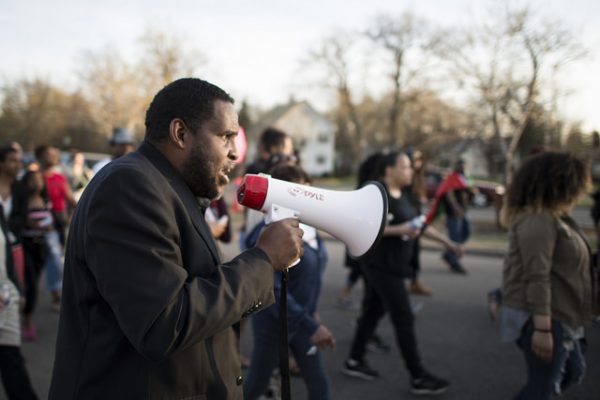
Research shows that poor communities of color are policed more extensively than other areas, and heavy policing can substantially alter people’s behavior and identities. Some research indicates that individuals avoid formal institutions (e.g., schools, hospitals), while other research suggests that individuals interpret the increased criminal justice contact as racialized injustice and become more involved in activism. Using data from the National Longitudinal Survey of Adolescent to Adult Heath, Brianna Remster and Rory Kramer investigate community members’ varied responses to police contact.
Remster and Kramer found support for both avoidance of formal institutions and increased activism. People with more contact with the criminal justice system were more likely to avoid institutions — contact decreased the likelihood of receiving medical care and banking for members of all racial groups. Although the avoidance response applied to all races across contexts, avoidance tended to be stronger in predominantly minority communities. The researchers also found support for the activism hypothesis — individuals who had been stopped by police were more likely to take an activist role, which was measured by political rally attendance and whether individuals contacted government officials. In other words, after police contact individuals may withdraw for fear of further criminal justice contact, but they may also be inspired to protest unequal policing practices.
This research also reveals the far-reaching presence and effects of modern surveillance across many contexts. Although the impacts of aggressive policing may be stronger in some neighborhoods, the impacts were not limited to poor minority communities. People across a variety of contexts respond to increases in criminal justice contact through avoidance and activism. Overall, the findings show that criminal justice contact can alter social life in more than one way beyond the moment of arrest.

Comments